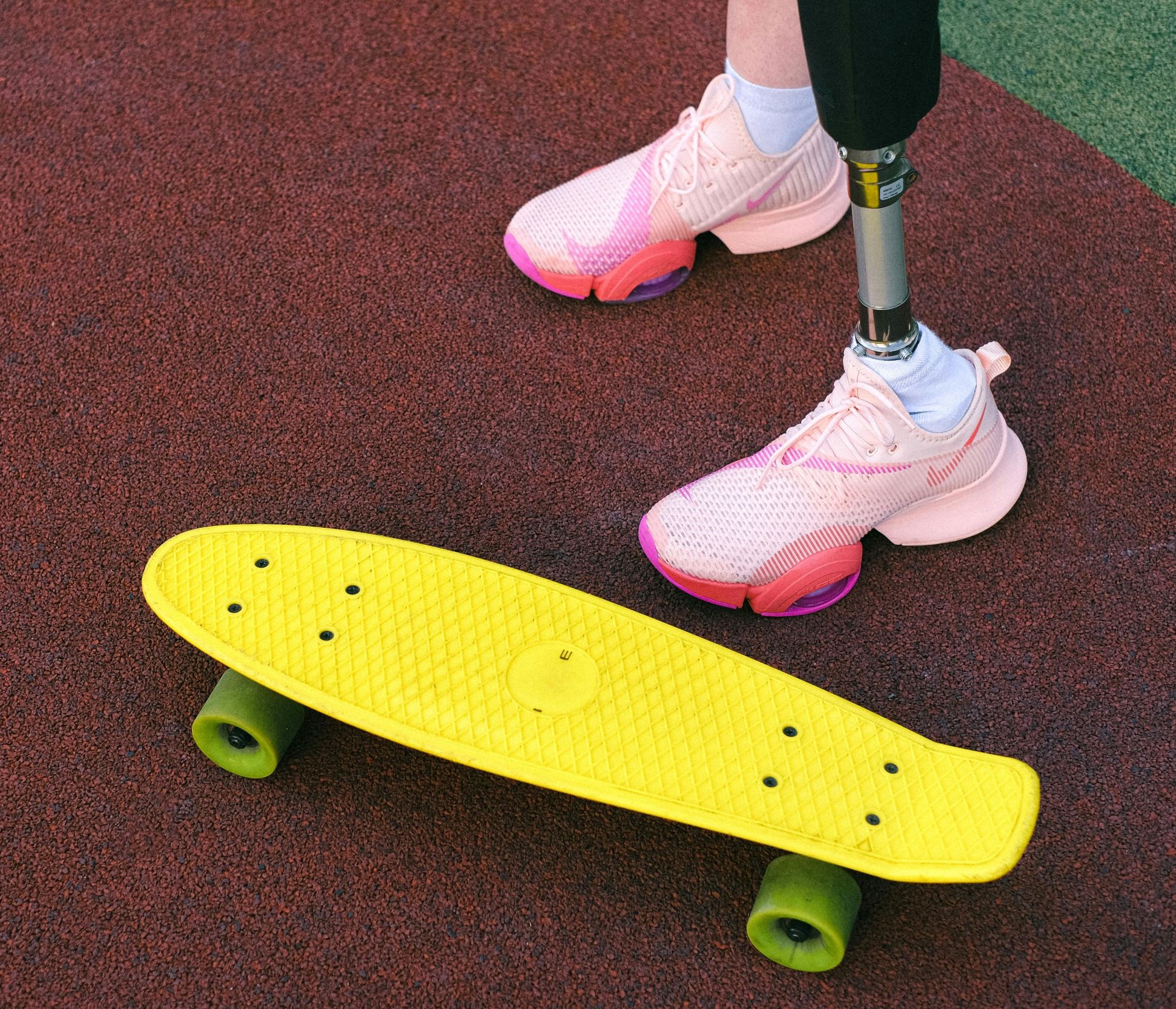Being a teen can be a turbulent time. Teens are figuring out who they are while navigating academics, relationships, puberty, and more. Eating disorders can develop around this time as a way to cope with challenges. Eating disorders can also easily go unnoticed due to their secretive nature. Early intervention is crucial to help your teen. An eating disorder dietitian can help detect and treat eating disorders. In this blog, we’ll discuss 4 signs of eating disorders in teens that your teen may be struggling with. an eating disorder.
1. Changes in Eating Habits
You know your teen best. Even small changes in their eating habits could indicate a strained relationship with food. This could include:
- Eating smaller portions and/or skipping meals
- Lying about eating
- Tracking food or calories
- Focusing on eating “healthy” foods
- Eating a smaller variety of foods and/or becoming “picky” (inflexible) with food
- Appearing stressed about food or mealtimes
- Avoiding food categories (ex. carbohydrates, desserts, snacks)
- Preparing meals that are separate from the family’s and/or eating in secret
- Going to the bathroom after meals
- Stashing food in their room and/or eating in secret
- Spitting food into the trash and/or disposing of food in hidden places
2. Fluctuations in Weight
Teens typically follow a pattern of growth and development that is characterized by a curve on their growth chart. “Falling off” of this curve, meaning they lose weight or stop gaining weight, isn’t normal. Teens cannot increase in height or go through proper development without adequate fat stores. If you notice this, it’s cause for concern. Teens with eating disorders may try to hide weight loss by wearing loose clothing. However, you cannot tell if someone has an eating disorder based on their weight. Many teens don’t lose weight as a result of their eating disorder or ever appear “underweight.”
3. Changes in Exercise Habits
Once again, you know your teen best! Engaging in exercise is not inherently disordered, but could be something to watch, especially when paired with other warning signs. This could include:
- Increasing the amount of exercise
- If an athlete, exercising outside of practices or team workouts when not required
- Exercising to change their body shape or size
- Tracking calories burned and/or exercising to compensate for food
- Maintaining a strict exercise schedule (certain number of days per week and time per day)
- Avoiding taking rest days or becoming stressed when they’re unable to exercise
- Forcing themselves to exercise when they’re tired, sick, or don’t want to exercise
- Developing injuries from exercising
4. Increased Focus on Body
Body image concerns are a common challenge for teens. There are many opportunities for comparison with peers in person or on social media. An intense or frequent focus on body size/shape could be a sign of an eating disorder. It’s important to flag if your teen expresses discontent with their body. This may include a desire to lose weight or change their body. It may be accompanied by weighing themselves on a scale or spending a lot of time in front of the mirror.
Final Thoughts on Signs of Eating Disorders in Teens
Thank you for reading this resource on 4 signs of eating disorders in teens. Being a teenager is undoubtedly complex, marked by a multitude of challenges and developmental milestones. The journey through adolescence can sometimes lead to the development of eating disorders, which often remain concealed due to their secretive nature. Early detection and intervention are paramount in supporting teens facing these struggles. Seeking the assistance of an eating disorder dietitian can be a crucial step toward identifying and addressing these issues. By remaining vigilant for signs such as changes in eating habits, fluctuations in weight, alterations in exercise patterns, and an increased focus on body image, caregivers can provide the necessary support and guidance to help teens navigate these turbulent waters. Remember, your vigilance and understanding can make all the difference in your teen’s journey toward health and well-being.
Contact Us
Courage to Nourish is a group of eating disorder specialized dietitians. We have in person locations in Alexandria, Virginia, Columbia, Maryland. and College Park, Maryland. We offer virtual services across the state of Virginia, Washington DC, Pennsylvania, and Colorado. We offer individual nutrition therapy. As well as support groups. We would love to guide you in building a better relationship with food.
Contact us for more information. And to schedule a discovery call. Also, sign up for our client or clinician newsletter!
Take one of our eating disorder quizzes:

As a professional who used to work in a corporate setting, I have seen the negative, daily impact that diet culture has on people’s lives. This led me to discover intuitive eating and Health At Every Size ©, which I now use in working with clients in recovery at the partial hospitalization and intensive outpatient level. I love helping clients find a way of nourishing, moving, and viewing their body that is satisfying and sustainable.


